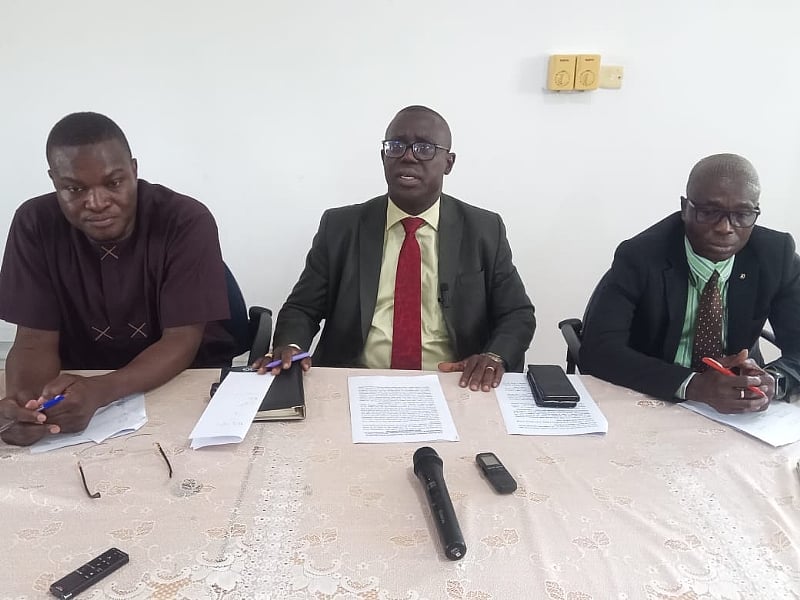The Regional Health Directorate of the Upper East Region is gearing up for a significant vaccination campaign scheduled for October 2 to October 6, 2024. This crucial initiative focuses on administering Measles and Rubella vaccinations, along with Vitamin A supplementation, aiming to bridge lapses in immunization coverage among children aged 9 to 59 months. Coverage will span all 15 districts within the region, with an estimated 222,557 children slated for vaccination. This campaign not only addresses comprehensive immunization but also targets a critical public health need in light of recent outbreaks.
Concern around measles has escalated in the Upper East Region, as articulated during a press briefing by the Regional Health Director, Dr. (Med) Samuel K. Boakye Boateng. He pointed out that more than seven districts have recorded positive cases of measles, with two districts actively facing outbreaks since the beginning of the year. Dr. Boakye underscored the vaccination effort as vital to halting these outbreaks and ensuring the well-being of children in the community. His call to action reflects the urgency to enhance herd immunity and protect children from these highly contagious and potentially deadly diseases.
The vaccination campaign is designed with several key objectives in mind. Primarily, it seeks to achieve the national goal of at least 95% vaccination coverage against measles and rubella. Alongside this, the administration of Vitamin A supplements aims to bolster the nutritional health of young children. Furthermore, the initiative includes an outreach strategy to augment community awareness through effective social mobilization efforts. Dr. Boakye emphasized the intertwined nature of vaccination and nutrition, both critical for children’s health and growth.
Participation by parents and guardians is crucial for the campaign’s success. Dr. Boakye strongly encouraged caregivers to ensure that their children receive the vaccines, stating the importance of safeguarding them against the severe consequences of measles and rubella. The operational strategy includes significant outreach efforts, with health workers and volunteers positioned at various community hotspots such as schools, markets, and places of worship to facilitate access to the vaccines and supplements. This strategic deployment is intended to make the vaccination process as seamless as possible for families.
In addition to mobilizing parents and children, Dr. Boakye also called on the media and other stakeholders to play a supportive role in promoting the campaign. He highlighted the collective responsibility of the community to protect its future leaders—children—against preventable diseases. The involvement of various community figures will be essential to foster an environment of awareness and urgency regarding the campaign, ensuring broad participation and support.
Ultimately, this upcoming vaccination exercise represents a pivotal step towards improving public health in the Upper East Region. By effectively addressing immunization gaps, enhancing nutritional status, and facilitating community engagement, authorities hope to curtail the spread of measles and rubella. The proactive measures adopted during this campaign could also set a precedent for future public health initiatives, validating the importance of timely vaccinations in safeguarding community health and well-being.


